We chat with author Anise Vance about his novel Hush Harbor, which follows a resistance group who takes America’s racial reckoning into its own hands.
Hi, Anise! Can you tell our readers a bit about yourself?
Absolutely. I’m the son of a Black American father and Iranian American mother. I grew up in a bunch of places, the last of which was Cairo, Egypt. My wife and I have two spectacular children and currently live in North Carolina. I’m in my mid-thirties and have fully embraced “dad mode”—I spend most of my free time reading or birdwatching or attempting (valiantly, I like to think) to run around a track a few times.
When did you first discover your love for writing and stories?
Honestly, I can’t remember ever being without that love. Even before I could read, I would make up poems and insist my mom write them down. (My mom often relays that anecdote!) I was a quiet kid and I think something about the careful structuring of words and sentences helped me to organize the world around me. Writing has always been, for me, among the most essential of life functions.
Quick lightning round! Tell us the first book you ever remember reading, the one that made you want to become an author, and one that you can’t stop thinking about!
The first book I remember reading is Where the Wild Things Are. I think that also might have been the book that made me want to become an author—it’s tense and tender and gripping and deeply meaningful all at once.
The one that I can’t stop thinking about: Burnt Shadows by Kamila Shamsie. I read it over a decade ago. It’s something of a literary miracle.
Your debut novel, Hush Harbor, is out now! If you could only describe it in five words, what would they be?
Tense, hopeful, provocative, eerie, and engrossing (hopefully…)
What can readers expect?
I think, at the very base level, readers can expect a gripping story told well. I hope they would also find characters that realistically and meaningfully grapple with big questions: what does it mean to fight white supremacy? What should we sacrifice in the pursuit of justice? How do we create relationships, institutions, practices—society—that is animated by a spirit of love?
And I hope there would be some moments when readers’ hearts are beating a little faster than usual.
Where did the inspiration for Hush Harbor come from?
The novel came from a number of different places. I’ve always been fascinated by revolutions. My family migrated to the U.S. both before and during the Iranian revolution, so the idea of a world turned upside down by extreme political turmoil is a very personal concept for me (and many, many others).
While in graduate school, I spent some time in Belfast studying identity and conflict. The history of the Troubles and many of the people I met in Northern Ireland prompted me to think more deeply about violence and identity.
And, then, of course the novel draws heavily from the ongoing abuse of black Americans at the hands of police. I hate to call that an inspiration—that sounds like murder is somehow a beneficent muse. That said, Hush Harbor is certainly a direct reaction to the treatment of black folk in the United States.
Were there any moments or characters you really enjoyed writing or exploring?
I know this is a bit of a lame answer, but I cherished writing every part of it. The novel was a meditation, a puzzle, an exploration, and a very personal journey for me. That said, some parts were more painful to write than other. There is a moment about midway through the book that I would label the very heart of the narrative; without giving anything away, I’ll say that writing that scene was both the most painful and thrilling piece to write.
What do you hope your readers will take away from reading Hush Harbor?
If a reader walks away from this book feeling a touch of catharsis, a touch of hope, and the sensation of being seen (in their hurt, their anger, their deep sadness at the state of our country), then I will have achieved exactly what I set out to achieve.
What’s next for you?
Another novel! I’m really excited about it, though I’m not sure if it’s any good yet. It’s in the hands of my agent. She’s a literary godsend and will tell me if I’m on the right track. In brief, in the same way Hush Harbor is a black-centered literary novel with elements of a political thriller, the next novel is a refugee-centered literary novel with elements of a heist story.
Lastly, do you have any book recommendations for our readers?
Oh, so many!
In the world of novels: Don’t Cry for Me by Daniel Black, Home Fire by Kamila Shamsie, Honor by Thrity Umrigar, How Much of These Hills Is Gold by C Pam Zhang, and Station Eleven by Emily St. John Mandel
In the world of short stories: Hao by Ye Chun, Milk Blood Heat by Dantiel Moniz, and American Salvage by Bonnie Jo Campbell
In non-fiction: City of Thorns by Ben Rawlence, The New Odyssey by Patrick Kingsley, and The Next Great Migration by Sonia Shah
In poetry: any collection by Ada Limón, Patrick Rosal, or Yusef Komunyaaka.
Bonus picks: Out East by John Glynn (for those who love memoirs) and The Lost Book of Adana Moreau by Michael Zapata (a brilliant novel for those who want something that reads like nothing else they’ve ever read)





